
Equine Joint Discomfort Red Flags
A veterinarian describes some subtle signs to watch for that might point toward your horse having joint discomfort.

A veterinarian describes some subtle signs to watch for that might point toward your horse having joint discomfort.

A veterinarian explains what to pay attention to when treating a horse that has PPID or EMS for joint discomfort.

A veterinarian recommends starting with a forage-based diet for optimal equine joint health.
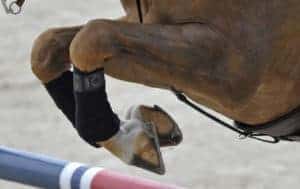
Find out how to keep your horse’s joints feeling and moving their best in our podcast. Sponsored by Boehringer Ingelheim.

A veterinarian says both age and breed can affect a horse’s predisposition to insulin resistance.

Insulin moves glucose from the blood into muscle and other tissue, but sometimes the process doesn’t go smoothly.

A veterinarian explains the relationship between high insulin and laminitis in horses.
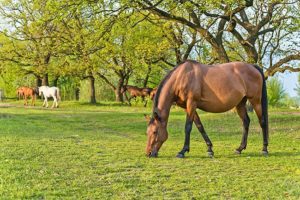
An equine veterinarian explains the risks of breeding an insulin-resistant mare.
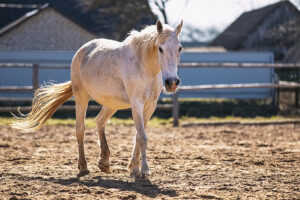
Discover tips for managing horses with insulin resistance in the archived recording of our podcast. Sponsored by Wellness Ready.
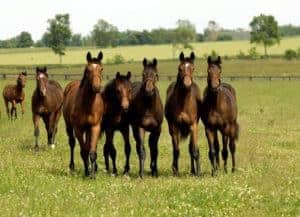
Will a senior diet negatively affect a young horse? Two equine nutritionists agree it likely won’t.

Dr. Carrie Shaffer of the University of Kentucky describes how in vitro models will help us better understand how we can prevent and fight disease in horses.
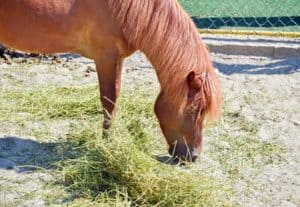
Finding a boarding facility that can accommodate senior horses’ needs can be tricky, but these tips from Drs. Kelly Vineyard and Shannon Pratt-Phillips can help.

Typically, grass has less sugar overnight and in the early morning than during the day.

Start by analyzing what your horse is eating when evaluating whether you’re meeting his nutritional goals.
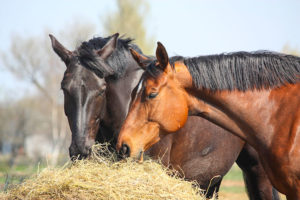
Learn about feeding your senior horse in this archived recording of our podcast. Sponsored by Purina.

Lara Tomich, DVM, Dipl. ACVD, says reducing pine in the affected horse’s immediate environment is key to preventing allergies.
Stay on top of the most recent Horse Health news with
© 2022 Copyright Statement dolor sit amet, consetetur sadipscing User Terms, sed diam nonumy eirmod tempor invidunt ut labore et dolore magna aliquyam erat, sed diam voluptua. At vero eos et accusam et justo duo dolores et ea rebum. Stet clita kasd gubergren, no sea takimata sanctus est Lorem ipsum dolor sit amet.
"*" indicates required fields